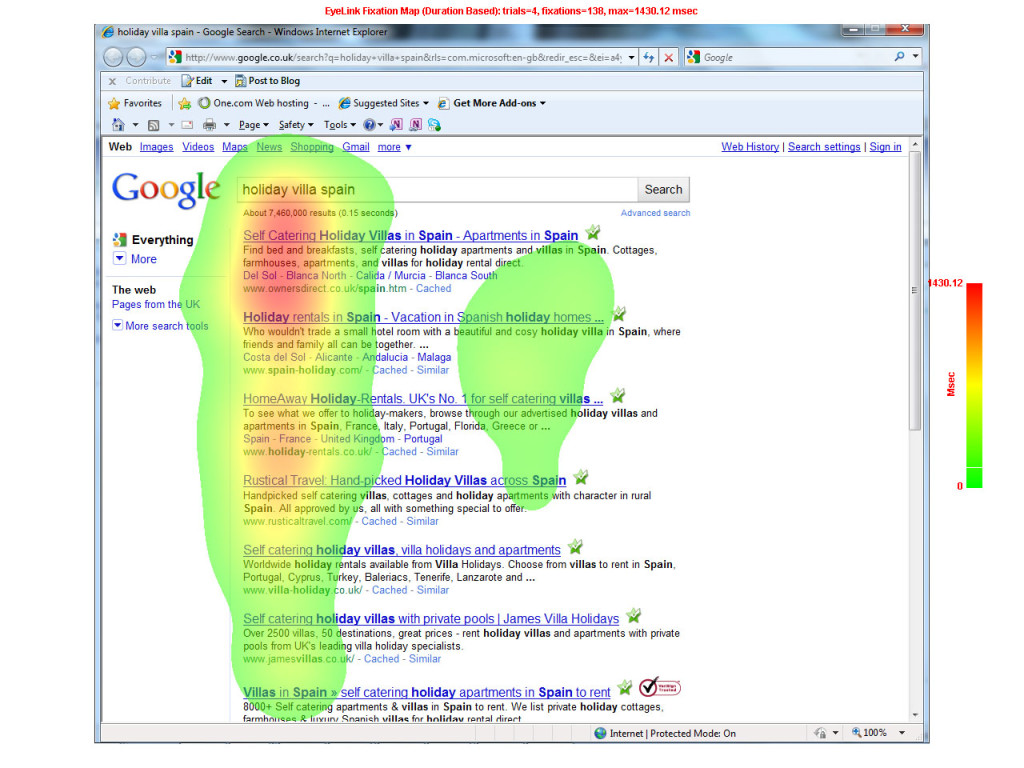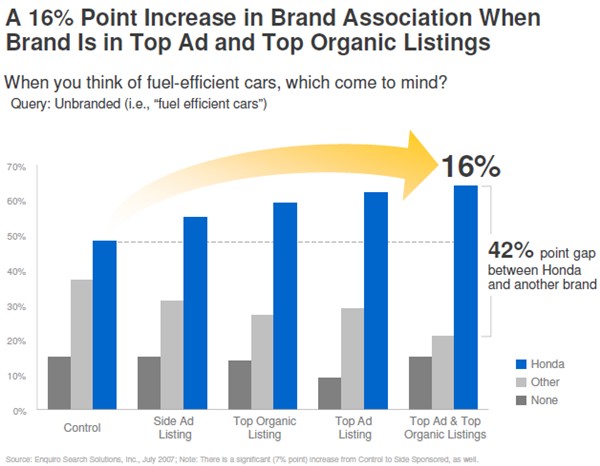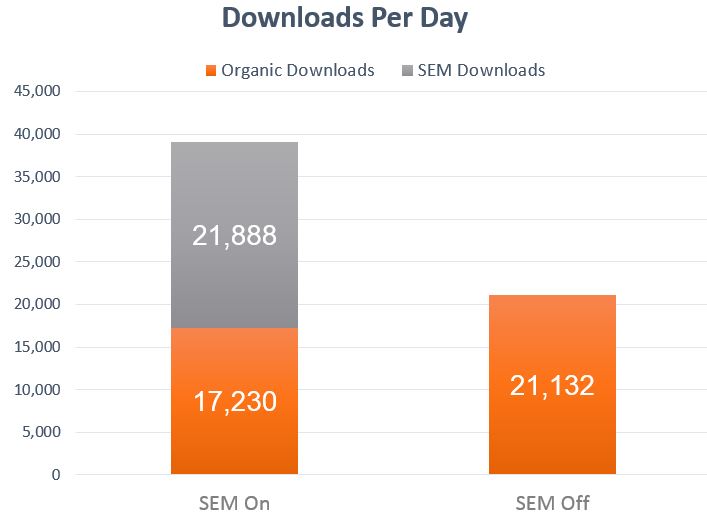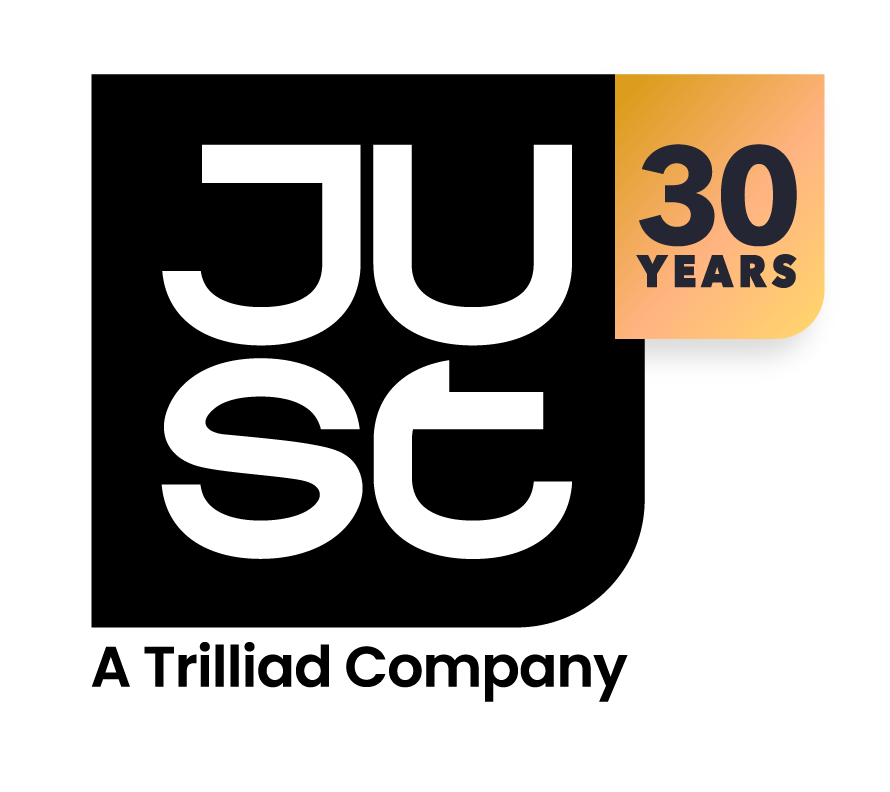At some point, you will ask your search marketing account manager this question,
And if you are the search marketing account manager, then you will be asked this question:
“Why should we bid on our branded search terms,
…when we are already listed at #1 in the organic search listings?”
Here are the four primary reasons to bid on your branded keywords, accompanied by industry research:
- Visibility & Brand Presence
If you control the top paid ad spot, you control the prime real estate. It ensures that everybody who searches on your brand, sees your brand, and they see it on your terms. By controlling the top paid and organic positions for your brand keywords, you push competitors, both direct (who can bid on your brand terms) and indirect (Wikipedia.com, LinkedIn.com, or news sites), further down the Search Engine Results Page (SERP).
The majority of users’ attention is centered on the top left third of Google’s SERP. Control that top third, through paid and organic listings, and you’ll control the majority of a user’s attention.

Google sponsored a study of Honda’s paid search activity and found significant lifts in brand affinity, brand presence, and purchase intent when the brand appeared in position 1 for both paid and organic, as opposed to only organic.
Why be #1 in organic search, when you could be #1 in organic and paid search?

- Control Over Messaging
- You do not have direct control over what Google/Bing show in their organic search results.
- You do have direct control over what Google/Bing show in their paid search results.
Take advantage of this control. Use ads on brand terms to test copy and creative, test brand messaging, test calls to action, test landing pages, test assets, test, test, test.
- Control Over Asset Promotion Produces Higher Conversion Rates
Here is the ongoing debate we have with many B2B marketing teams:
Which landing page approach provides users with a better brand experience?
- Direct users to the homepage, and let them self-navigate through your site to find the information they need. Or,…
- Send users directly to the specific conversion point: a download button, a gated asset, a purchase page.
Whether or not sending users directly to a conversion point provides a user with a negative brand experience is up for debate. There is no debate, however, on whether or not sending users directly to a conversion point converts better.
A well-designed landing page experience, that directs users’ attention to a desired conversion point, will out-convert the “self-navigation experience” 9 times out of 10. Every time a user has to scroll down to discover a conversion point, you increase the chances of that user exiting the conversion process. For every button click that is required of a user, the chance that user will exit the conversion process increases. Remove the variables that add steps to a user’s conversion path.
Streamline the conversion experience by driving users directly to your site’s conversion landing pages.
- Incremental Lift in Traffic
Bidding on branded terms will increase your overall traffic from search engines.
A series of 2011 Google studies found that search ads drive 89% incremental traffic.
Just Media’s own Paid vs. Organic studies in Google found that paid search ads drove 85% incremental traffic on branded keywords. Below are the results of a study we conducted where we alternated days turning Paid SEM on, then off. We looked at both traffic, as well as conversions. The end result was that overall conversions (“downloads,” in this case) were 85% higher when we ran Paid Search ads alongside a #1 organic listing:

We also conducted these studies in Bing and found a near 50% incremental traffic lift on branded keywords for the same client. Where is this extra traffic coming from? Paid competitors and indirect organic competitors. Not everybody is clicking on your #1 organic listing. Sometimes competitors will start bidding on your brand terms and steal some of the traffic. Other times, users will simply continue to scroll down past the #1 organic listing to your company’s Wikipedia page or social media pages. By bidding on your brand, you are capturing traffic that would have gone to Wikipedia or Twitter or Facebook, and instead you direct users to your domain’s best conversion pages.
Simply put: if you want a higher percentage of the people who search for your brand to visit your website, bid on your branded keywords.
Alec Phillips
Director of Search Engine Marketing
Just Media, Inc.
